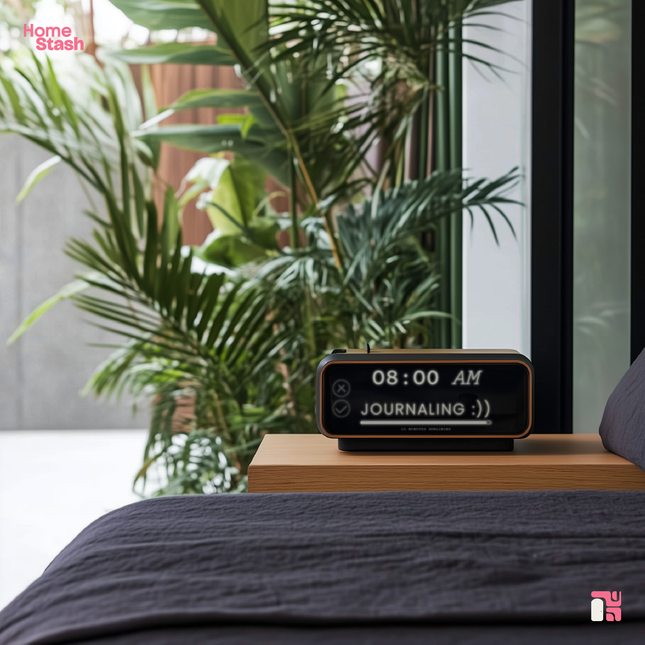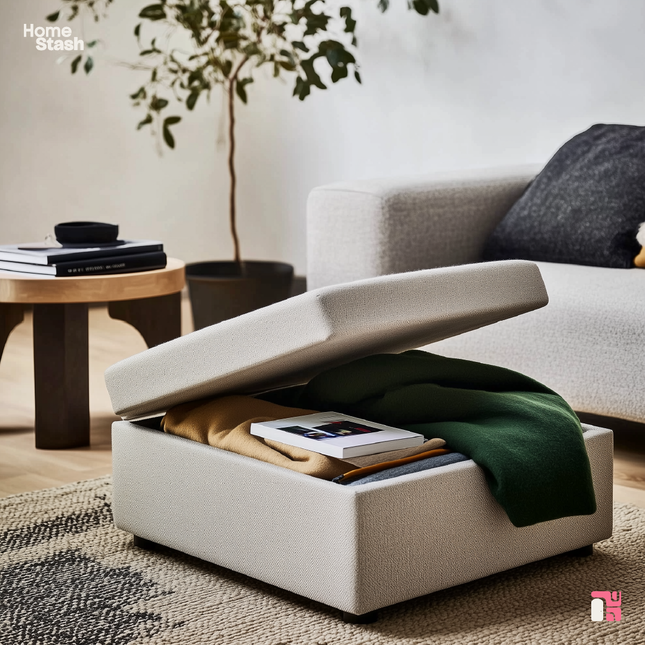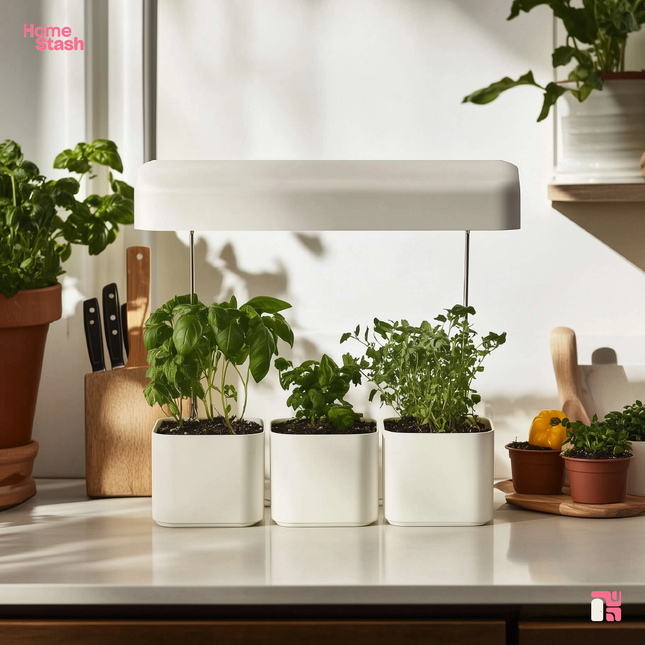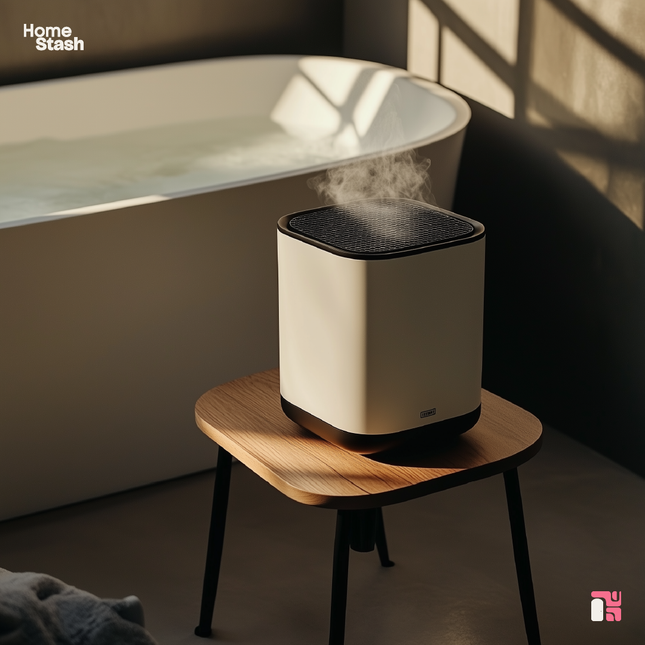

Feeling overwhelmed by the constant accumulation of possessions? Do you find yourself tripping over items, struggling to find what you need, and feeling a sense of unease in your own home? You're not alone. Many people experience the negative impact of clutter, both physically and mentally. But what if I told you that decluttering isn't merely about tidying up; it's a powerful catalyst for transforming your mind and life, leading to a profound sense of peace and well-being? This comprehensive guide delves into the multifaceted benefits of decluttering, providing practical strategies and actionable steps to help you embark on your journey to a clutter-free existence.
The Profound Impact of Decluttering on Your Well-being
The transformative power of decluttering extends far beyond a visually appealing, tidy home. A clutter-free environment fosters a calm and focused mind, resulting in significant improvements across various aspects of your life:
- Enhanced Mental Clarity and Focus: A clean and organized space minimizes visual distractions, enabling your mind to focus more effectively on tasks and responsibilities. This improved concentration can boost productivity and reduce stress associated with feeling overwhelmed.
- Reduced Stress and Anxiety: Clutter often acts as a constant visual reminder of unfinished tasks and responsibilities, contributing to feelings of anxiety and overwhelm. By decluttering, you remove these visual stressors, creating a more peaceful and calming atmosphere.
- Improved Sleep Quality: A clutter-free bedroom, especially, promotes a sense of calm and tranquility, conducive to better sleep. The absence of visual distractions allows for more restful sleep, leading to increased energy and improved overall well-being.
- Boosted Creativity and Innovation: A clean and organized space fosters a sense of order and clarity, which can stimulate creativity and innovative thinking. When your environment is less cluttered, your mind is free to explore new ideas and solutions more effectively.
- Increased Productivity and Efficiency: When you can easily locate items and your workspace is organized, your productivity increases significantly. You spend less time searching for things and more time working, resulting in a more efficient workflow and improved time management.
- Stronger Sense of Control and Empowerment: The act of decluttering itself is empowering. Taking control of your physical environment translates into a greater sense of control over your life, fostering self-efficacy and confidence.
Decluttering Tips for Beginners: A Step-by-Step Approach
Feeling overwhelmed by the sheer volume of items in your home? These decluttering tips for beginners will help you start small and build momentum, making the process manageable and less daunting:
- Start with one small area: Don't attempt to declutter your entire home at once. Begin with a small, manageable area, such as a single drawer, a shelf, or a corner of a room. This approach prevents feeling overwhelmed and allows you to experience early success, motivating you to continue.
- The One-In, One-Out Rule: For every new item you bring into your home, remove an existing item. This simple rule prevents future clutter accumulation and maintains a balance between possessions and available space.
- The 20/20 Rule: If an item costs less than $20 to replace and takes less than 20 minutes to replace, consider donating or discarding it. This rule helps you let go of inexpensive, easily replaceable items that may be cluttering your space unnecessarily.
- The 12-Month Rule: If you haven't used an item in the past 12 months, it's likely time to donate or discard it. This rule helps identify items you no longer need or use, freeing up space and reducing clutter.
- Set Realistic Goals and Celebrate Small Wins: Don't aim for perfection. Set achievable goals for each decluttering session, and celebrate your progress along the way. Acknowledge your accomplishments, no matter how small, to stay motivated.
- Sort, Purge, and Organize: Create three piles: keep, donate/sell, and discard. This simple sorting method helps you make decisions about each item and streamline the decluttering process.

Mastering Emotional Decluttering: Letting Go of Sentimental Items
Emotional decluttering often proves to be the most challenging aspect of the process. Many items hold sentimental value, making it difficult to let go. However, holding onto these items can prevent you from moving forward and creating a truly clutter-free space. Here's how to approach emotional decluttering:
- Identify Emotional Attachments: Take time to reflect on why you're holding onto certain items. Identify the emotions associated with them—memories, relationships, past experiences.
- The Power of Photography: For items with significant sentimental value but little practical use, consider taking photos as a way to preserve the memories without the physical clutter.
- Practice Gratitude: Before letting go of a sentimental item, take a moment to acknowledge and appreciate the positive memories or experiences associated with it.
- Create a Memory Box: Designate a special box or container for a limited number of truly cherished items. This prevents sentimental clutter from overwhelming your space.
- Don't Be Afraid to Let Go: Remember that letting go of sentimental items doesn't diminish the memories associated with them. It simply frees up space, both physical and mental.
Home Organization and Storage Solutions: Maximizing Space and Functionality
Effective home organization is crucial for maintaining a clutter-free environment. These strategies will help you create a more functional and organized space:
- Space-Saving Furniture: Utilize furniture with built-in storage, such as ottomans with hidden compartments, beds with drawers, or sofas with storage underneath.
- Versatile Storage Containers: Invest in a variety of storage containers—bins, baskets, boxes—to organize items and maximize vertical space. Labeling containers helps with quick identification.
- Organizing Gadgets: Drawer dividers, shelf organizers, hanging organizers, and label makers can significantly improve organization and make it easier to maintain a tidy space.
- DIY Home Organization: Get creative by repurposing existing items into storage solutions. Use mason jars for organizing small items, repurpose old boxes, or create custom shelving.
- Vertical Storage: Utilize vertical space by installing shelves, wall-mounted organizers, or hanging storage solutions. This maximizes storage capacity without taking up floor space.
- Under-Bed Storage: Utilize under-bed space with storage bins or containers to store seasonal items or less frequently used belongings.
Decluttering Services and Minimalist Living: Seeking Support and Embracing Simplicity
If you're feeling overwhelmed or struggling to declutter on your own, consider seeking professional assistance. Home decluttering services provide expert guidance and support, helping you develop strategies and implement them effectively. Alternatively, explore the principles of minimalist living. Minimalism encourages focusing on owning only essential items, promoting a sense of simplicity and reducing the accumulation of unnecessary possessions.
Maintaining a Clutter-Free Lifestyle: Ongoing Strategies
Maintaining a clutter-free living environment requires ongoing effort and consistent attention. Here are some strategies for long-term success:
- Regular Purging: Schedule regular decluttering sessions to prevent the re-accumulation of clutter. A quick once-a-month purge can help keep things under control.
- Establish Routines: Develop routines for tidying up and putting things away, ensuring that your space remains organized. This prevents clutter from piling up in the first place.
- The 'One In, One Out' Rule (Reinforced): This is arguably the most important rule for long-term clutter prevention. Continuously applying this rule ensures balance.
- Digital Decluttering: Don't forget about digital clutter! Regularly review your computer files, emails, and digital photos, deleting unnecessary files.
- Mindful Consumption: Before purchasing new items, ask yourself if you truly need it. Consider the potential impact on your space and your overall well-being.
Embark on Your Transformation
Decluttering is a transformative journey that extends far beyond the physical act of removing items. It's an opportunity to cultivate a more peaceful, organized, and fulfilling life. By incorporating these decluttering tips and embracing the principles of mindful living, you can create a space that reflects your values and enhances your overall well-being. Remember to start small, celebrate your progress, and enjoy the journey toward a clutter-free and more meaningful existence. The benefits of a decluttered home extend far beyond the physical; they positively impact your mental and emotional well-being, creating a more peaceful and fulfilling life.
Who are we at HomeStash?
Just a few words to close this article off. We’re committed to helping people. We’re not self improvement gurus, but we believe in clear space for a clear mind. Either you’re getting into decluttering, organizing or you’re a confirmed clean freak, we curate and design products to help you on this journey. We are committed to quality, and above all, committed to our community, feedback and improving ourselves too. If this resonates wih you, check out our catalogue and see if there’s anything you like! 🙂
With care,
The HomeStash team
Our latest arrival
Ultimate Makeup Station Makeover
Ultimate Makeup Station Makeover
€18,95€25,95Incl. VAT
Spin Your Vanity Into Perfection! Meet the Rotating Makeup Brush Organizer, your new best friend for effortless beauty routines. With... Read more Read more
Dimensions
15cm (diameter) × 12.5cm (height) | 5.9in × 4.9in
Materials
High-quality, durable plastic with elegant gold-tone feet
The Struggle
Our Solutions
Usage and care instructions
Tips & Tricks
-
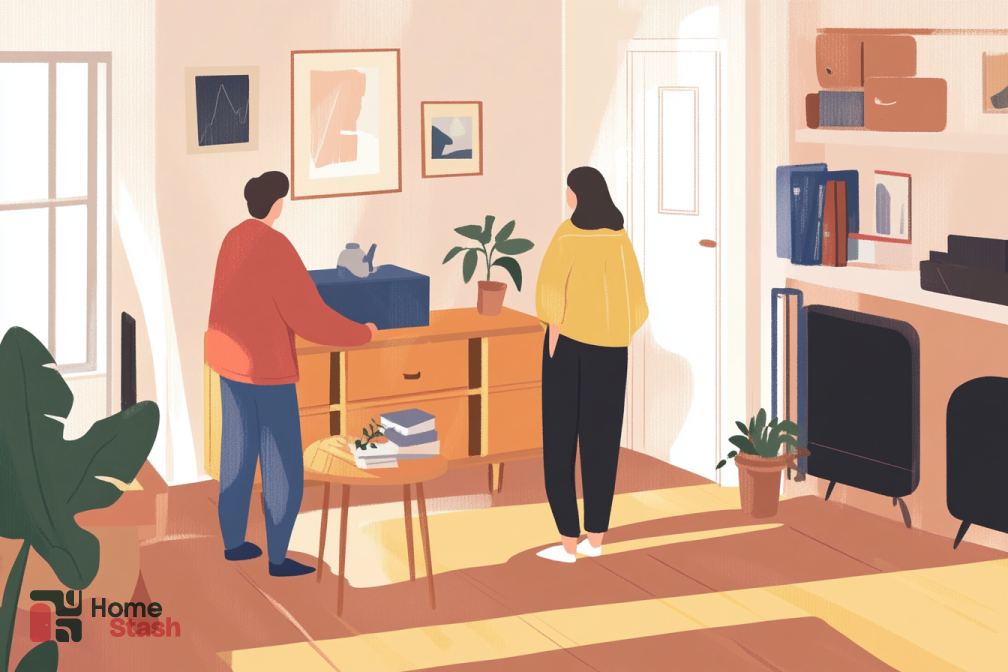
Should You Hire a Professional Home Organizer?
In today's fast-paced world, maintaining a clean and organized home can feel like a monumental task. But we're here to help!
-
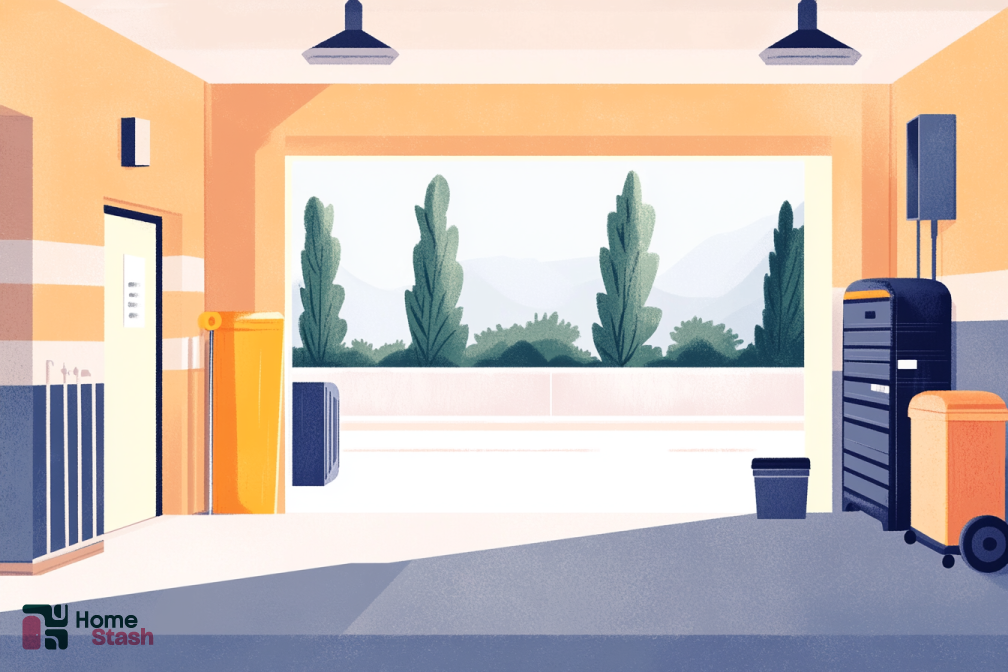
The Best Garage Storage Solutions for a Clutter-Free Workspace
Discover the ultimate guide to garage storage solutions! Learn decluttering tips and minimalist strategies for long-term organization.
-
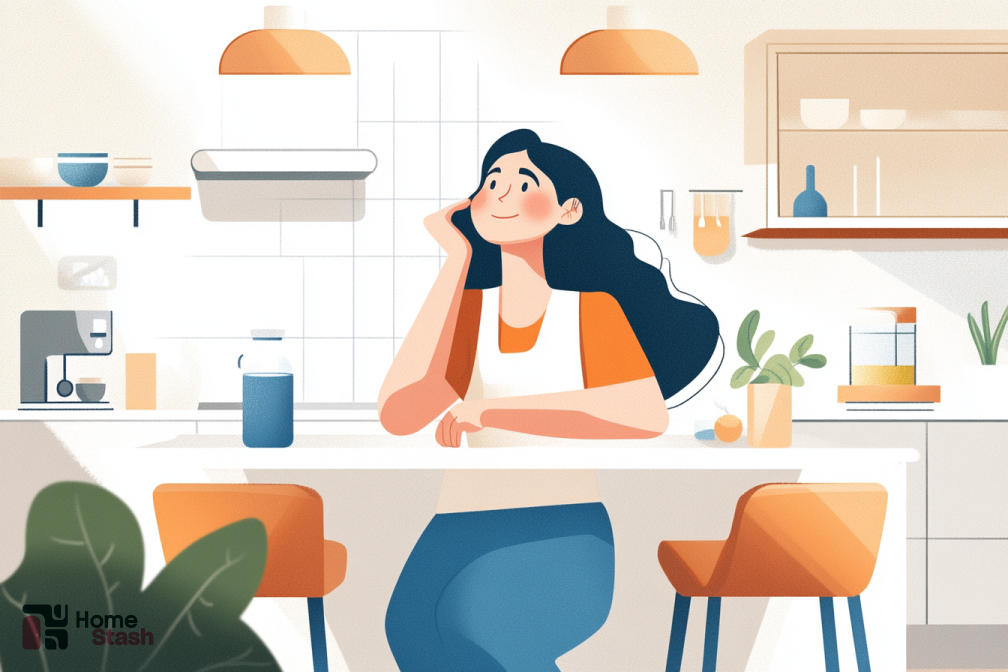
10 Surprising Uses for Everyday Items: Achieving a Clutter-Free Sanctuary
Transform your cluttered space into a serene sanctuary with creative DIY hacks, minimalism tips, and clever storage solutions—all using items you a...
Find your next helper
Some of our latest creations
What we stand for
The core values that hold HomeStash together.
Innovation
We're all about imagining organization tools based on your feedback and practical use case scenarios.
Low impact
We support a lean e-commerce practice, and only release limited quantities of every product.
Mental Health
We strive to bring awereness around the subjects of organizing and decluttering. We believe they're the first steps into any self help journey














